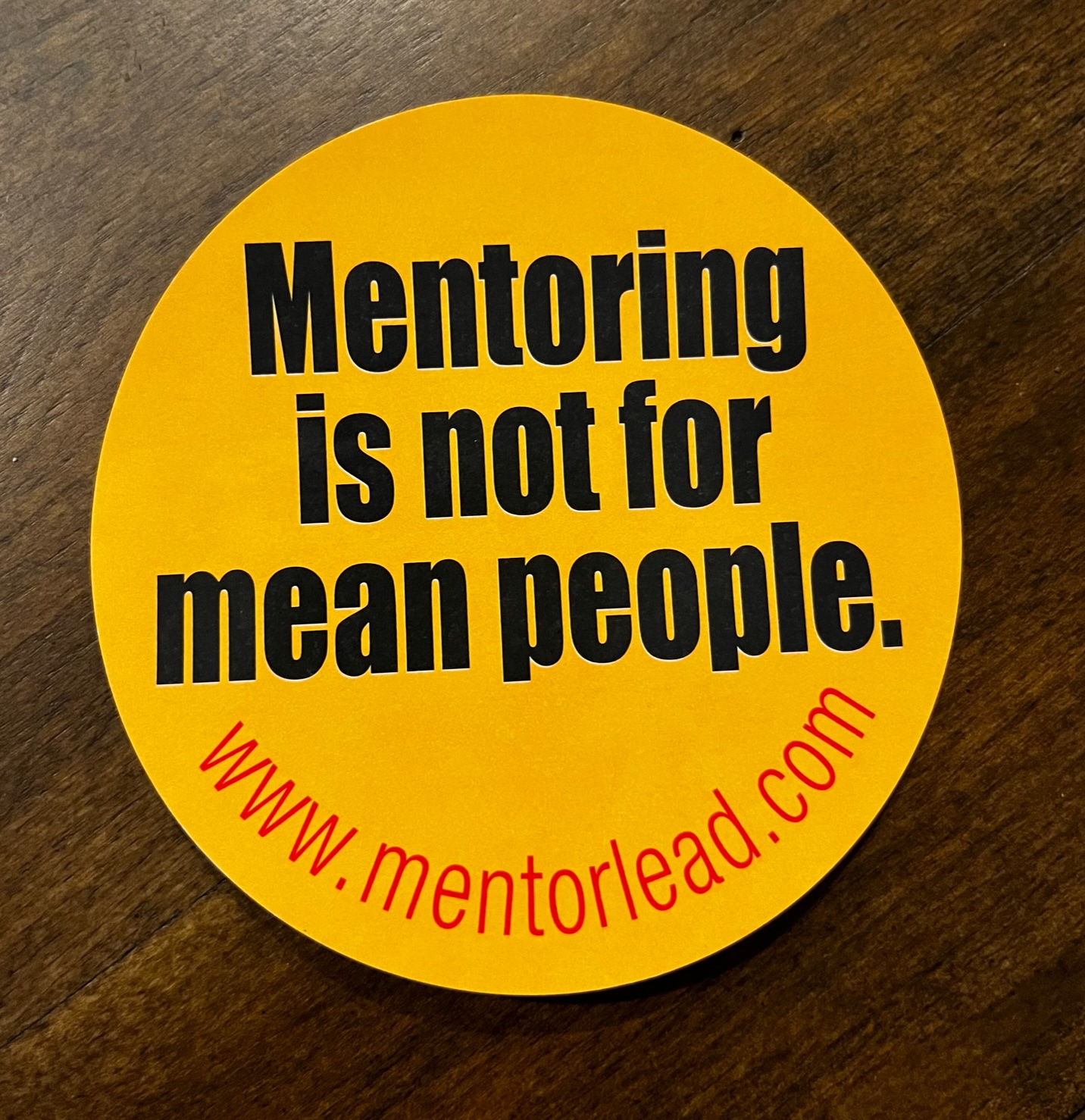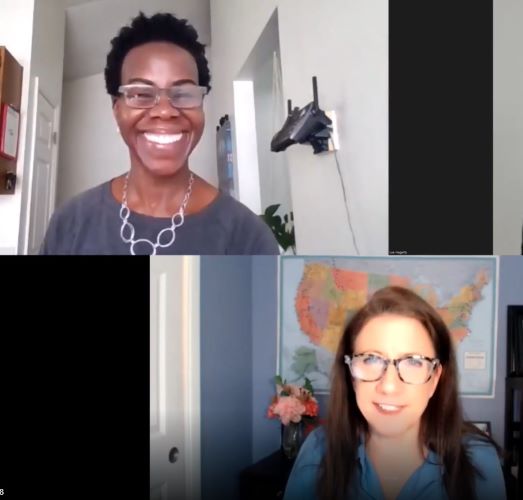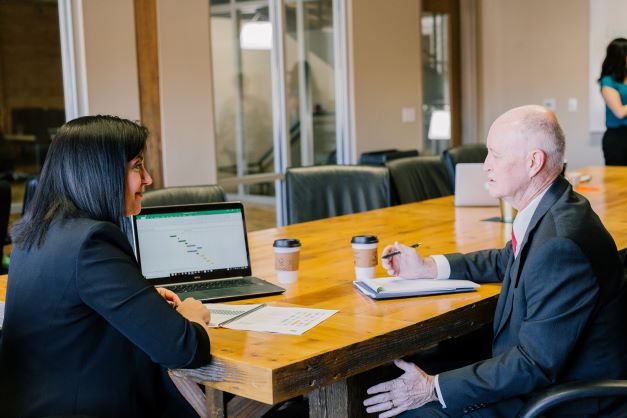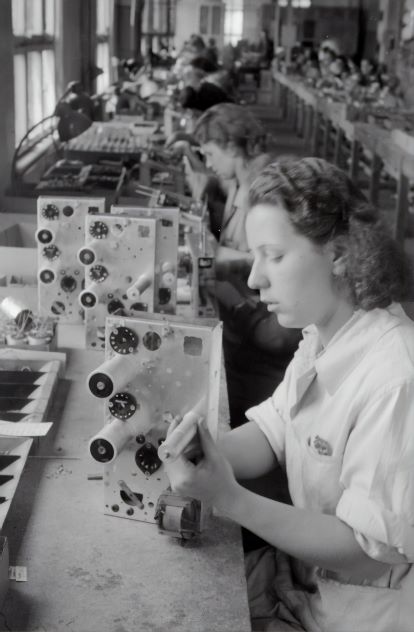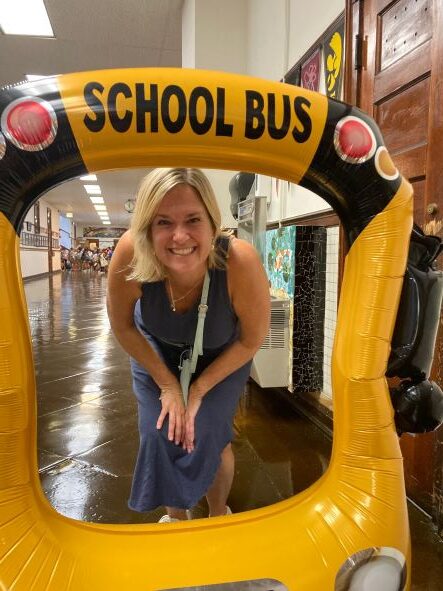Mentoring gives us an edge. It encourages us to:
- exchange knowledge
- curate insights
- formulate ideas
- improve our confidence
- strengthen our leadership muscles
- leverage champions
Whether you’re critically thinking through a goal or need a sounding board for an in-the-moment crisis, a mentoring partner is invaluable!
But what makes mentoring work? What’s the secret sauce?
Introducing the Hawthorne Effect
In 1924, Harvard Business School Professor Elton Mayo set out to study motivation by experimenting on the workers at the Western Electric Hawthorne Works factory in Cicero, Illinois.
Over the subsequent eight years, he conducted tests to ascertain what factors influenced people to work harder.
For each experiment, he selected a group of workers from the factory, placed them in a special room to work, and then fiddled with their working conditions. For example, he changed the lighting or the temperature or the number of allowed breaks during their shift.
And with each change, Mayo monitored their productivity.
He wanted to see if any changes improved their motivation to work harder and produce more.
Surprisingly, they all did! Every change that Mayo made increased the workers’ productivity… but not for the reasons Mayo originally predicted.
Eventually, Professor Mayo discovered that the individuals were altering their behavior because they knew Mayo was observing them in action. As soon as Mayo started watching them work, the workers worked harder, which increased their productivity.
Mayo concluded that because the Hawthorne Factory workers were chosen to participate in the experiment, they felt important – Mayo singled them out and involved them in his experiments. And because Mayo watched them, they felt their actions were important. As result, they felt motivated to accomplish more.
Like all humans, the workers wanted someone to notice and care.
This is known as the “Hawthorne Effect,” and it’s the fuel that powers every robust mentoring relationship.
We all want our work to matter. And we all want someone to notice that our work matters – as Professor Mayo did.
When that someone is our mentor, we too alter our behavior. We know our mentor is watching and cares about our goals, actions, learnings, growth, and success.
And that makes us care, work harder, and accomplish more.
Mentoring. Powered by the Hawthorne Effect.
© 2022. Ann Tardy and MentorLead. www.mentorlead.com. All Rights Reserved. |
